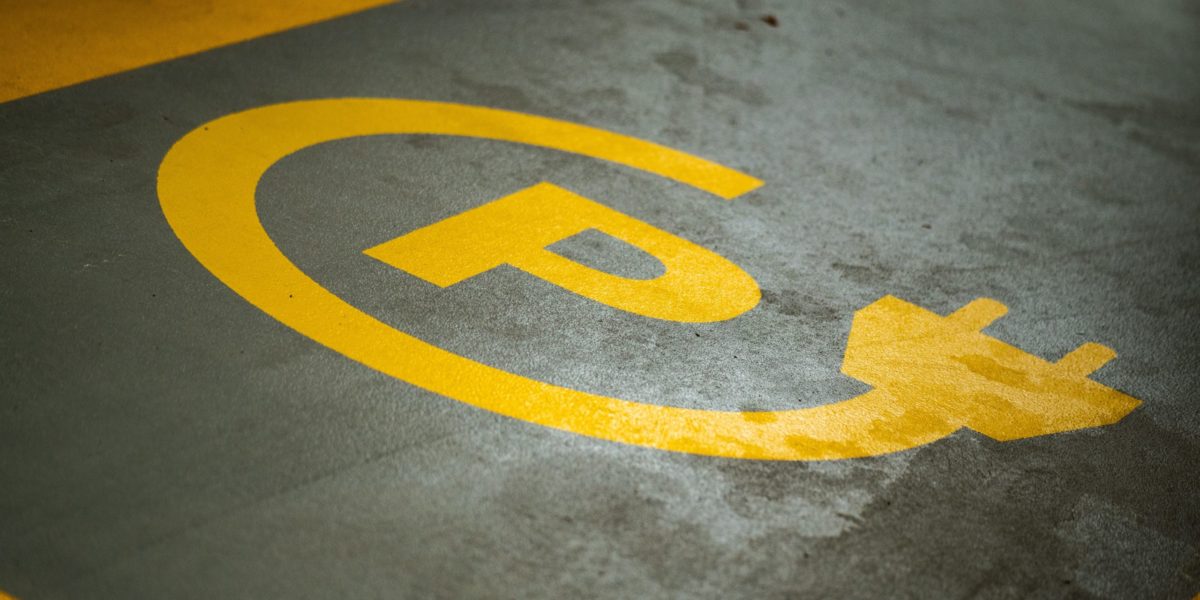Short circuiting the switch to EVs
AA calls for more information on owning an EV and inclusion in the Highway Code
The AA Driving School is calling for more information on EVs to be included in the Highway Code.
Their research shows nearly two in five drivers are uncertain about driving and maintaining EVs. The results come on top of more surveys recently that show there is still a high degree of mistrust when it comes to investing in EVs.
Unplugged
The AA survey asked drivers to rate their confidence performing certain tasks related to driving and maintaining an EV. What do potential owners understand range, using chargepoints and planning routes to include charging stops.
Nearly two fifths are not confident knowing which chargepoint would be compatible with particular EVs (39%). A third were not confident they could charge it correctly at a public chargepoint (32%).
Weak current
Currently there is no dedicated advice on electric vehicles in the Highway Code. There are also issues over the different charging leads, rates of charging, and charging providers.
With the government’s ban on new petrol and diesel vehicles from 2030, there is a surprising lack of clear, simple advice.
A report by Fleet Evolution found that 26.7% of drivers will avoid buying an EV for as long as possible. The study asked for views from 10,000 drivers, fleet and HR managers, small businesses and private motorists. The majority of respondents (40%) said the next car they buy would be a diesel. It shows that while there is support for environmental concerns, many motorists are yet to be convinced by EV tech.
Meter reading
The AA states that the Highway Code plays an important role in learning to drive and the setting of the driving theory and practical tests. It is also an essential reference for drivers to find the rules of the road. Helping drivers understand EVs will take a combined effort from driving instructors, manufacturers and motoring organisations. However, fundamental to this is government leadership and the provision of clear guides and policies. Apart from the ban on petrol and diesel vehicles and belated investment in charging infrastructure, the rest is being left to the market place. The lack of one charging lead connection type, or clear public charge points and simple payment systems worries many potential EV owners.
Petrol stations and fuel tanks are currently addressed in an Annex of the Highway Code on vehicle maintenance. This could be a natural fit for topics like EV chargepoints, battery range and warning lights. In December, it was announced there will be an update to add a warning in a ‘waiting and parking’ section to remind drivers that EV charging cables can be a trip hazard on the pavement. But little else is being provided to inform and help encourage what is a huge basic lifestyle change.
National grid
Mark Oakley, AA Driving School Interim Managing Director says “the Highway Code should be updated to reflect the future direction of driving”.
“It’s clear from our research that our instructors will need to play a key role in helping educate learner drivers about the technology and terminology around them.
“New drivers are still getting to grips with EVs and learning what’s best for them. We’re committed to playing our part in the early adoption of EVs for new pupils to learn in, but would call on the government to improve the information and guidance publicly available.”
Electrical storm
Nearly half of women (47%) surveyed say they are not confident identifying the right chargepoint for the EV. Fopr me the figure is 21%.
One quarter of drivers in London say lack confidence to charge an EV correctly at home. They believe they need extra help.
Drivers were asked how confident they would feel doing the following charging activities in an electric vehicle without assistance:
- Knowing which chargepoints are compatible with the EV – 39% not confident
- Charge it correctly at a public chargepoint – 30% not confident
- Charge it correctly at home – 22% not confident
Drivers’ were also asked to assess their confidence understanding terminology such as range and EV roads signs and markings.
More than one in four (27%) admit a lack of confidence understanding range of an EV (27%). Meanwhile, 24% said they would not feel confident understanding EV road signs or markings.
You can read more about this here.






